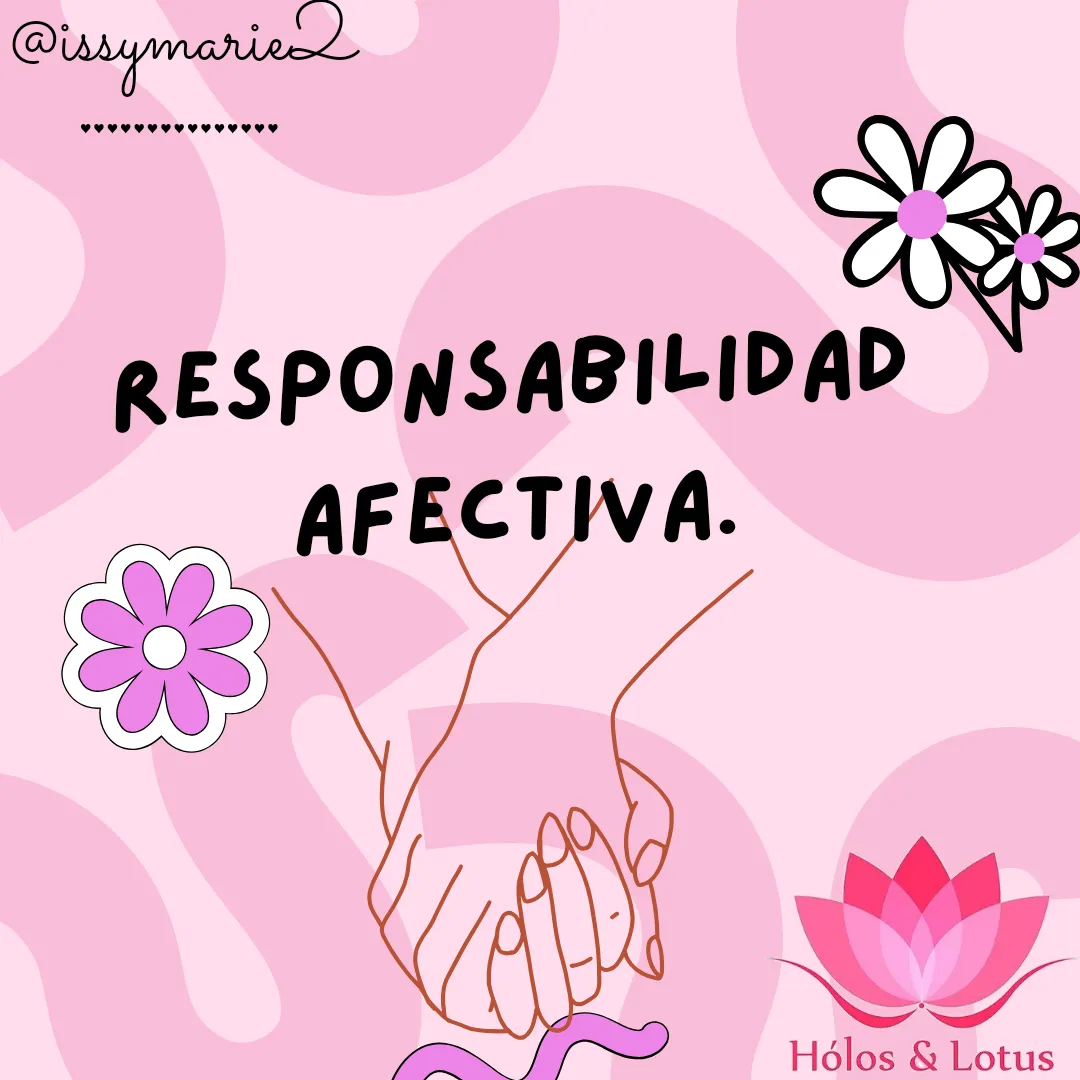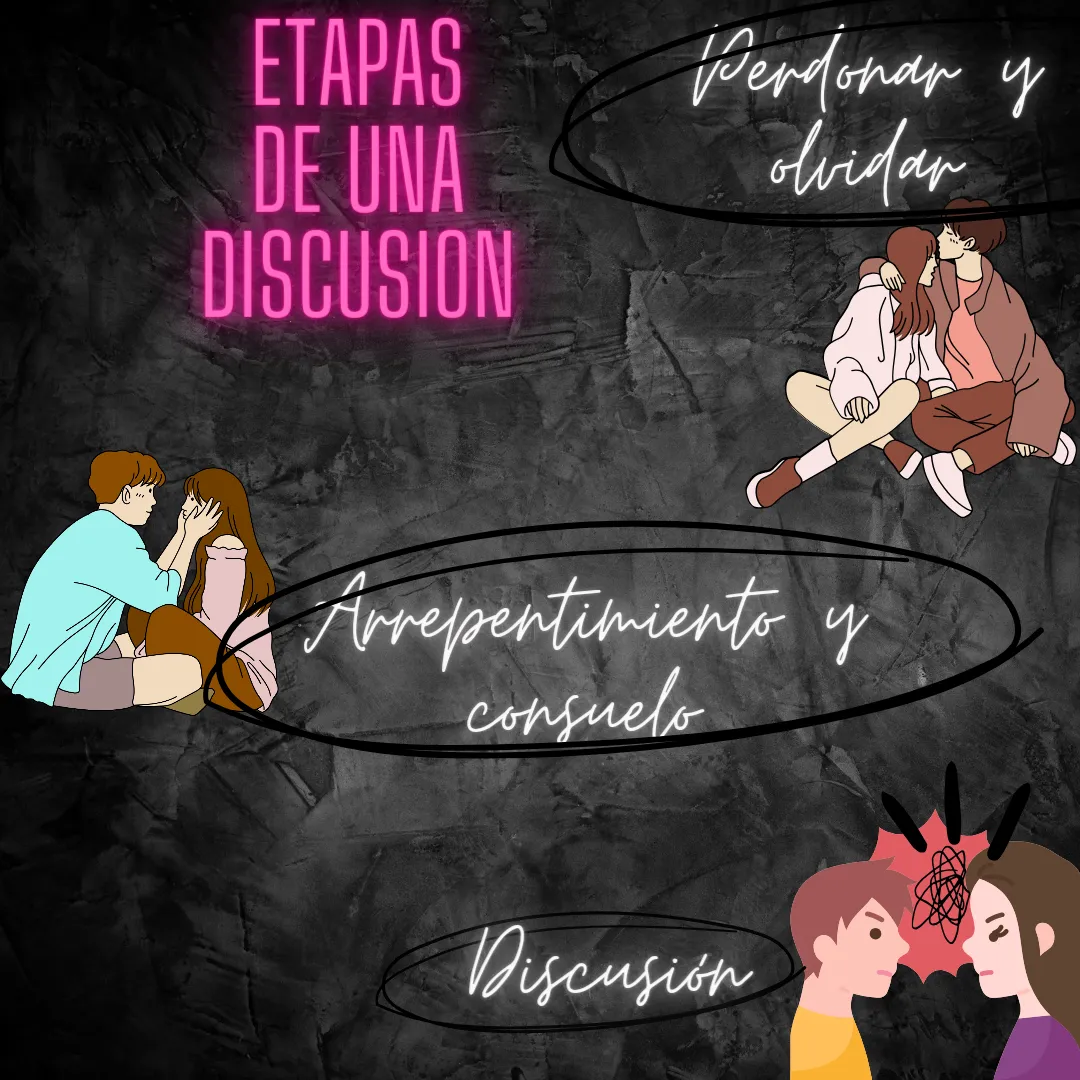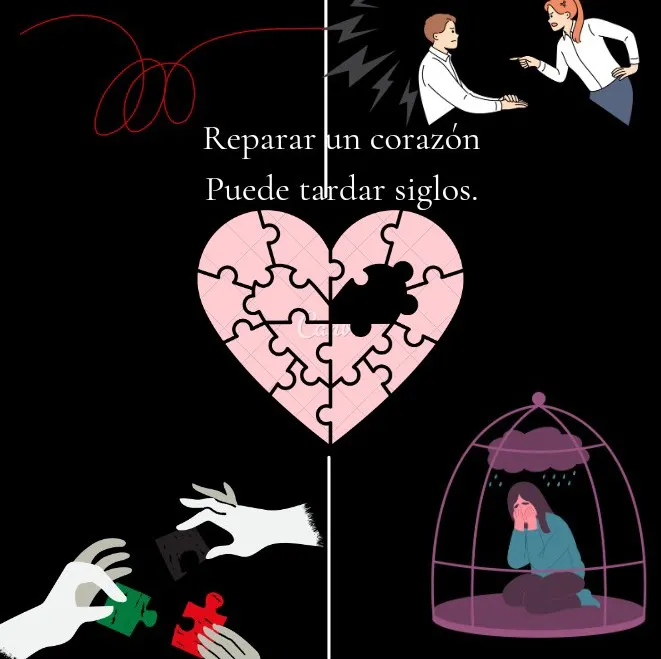Saludos amigos de @holos-lotus, espero que cada uno de ustedes se encuentre bien junto a sus familiares y seres queridos.

Hace bastante tiempo vengo escuchando y también leyendo sobre todo en redes sociales la frase "RESPONSABILIDAD AFECTIVA", de seguro ustedes también la deben de haber oído ya que al parecer se ha puesto bastante de moda.
Si búscanos su definición sería ser capaces de expresar nuestras necesidades y emociones siendo respetuosos de las emociones de la otra persona, el punto sería hacer una auto inspección y ver si nosotros mismos practicamos de buena forma esa "responsabilidad afectiva".
En ocasiones nos vemos sobrepasados ya sea por el estrés del día a día, los ruidos del tráfico, sobrecarga laboral o el poco descanso hacen que en bastantes ocasiones estemos de mal humor, algunas veces hasta nos hallamos diciendo "no me soporto ni a mi mismo" y si nosotros mismos no nos aguantamos imagínense a la persona que está a nuestro lado, pensamos ilusamente que nuestros conflictos cotidianos son más importantes que el del resto de personas incluida nuestra pareja.

Si pensamos que solo lo nuestro es más importante no estamos practicando una "responsabilidad afectiva" ya que nos estamos centrando solo en nuestras necesidades sin ver que necesita nuestra pareja, no me refiero a necesidades materiales sino emocionales, por ejemplo, si me encuentro triste y necesito contención y mi pareja me la da de forma acertiba y ante todo empatica debo devolver el acto de forma igualitaria si así lo necesita, como se dice por ahí "una pareja es un equipo que rema al mismo lado"; ante lo anterior mencionado imagina que vas en un bote en medio del lago con tu pareja, solo tu remas mientras el o ella solo ven el paisaje ¿qué pasaría? Te cansarías, lo mismo que ocurre en una relación donde solo uno se esfuerza y el otro solo piensa en si mismo.
La responsabilidad afectiva es lo mismo, es remar ambos el mismo bote, es empujarse cuando la vida está cuesta arriba, es sujetarse cuando los problemas nos marean, es ser el cable a tierra en nuestras locuras, es ser el lugar seguro, ese qué nos resguardar como si fuesen os niños.
Una buena responsabilidad afectiva es comprender, acompañar, conversar las cosas, ser empaticos poniéndonos en el lugar de nuestra pareja para tratar de entender de mejor forma su sentir y así dar un mejor consejo, es escucharse mutuamente sin que la plática se vuelva un "monólogo", es comprender que los límites sanos son una buena forma de elevar la relación ser coherente ante nuestros actos y lo más importante ser honestos y reconocer nuestros errores para así en conjunto corregirlos.

Tengamos relaciones sanas para que nuestros hijos las vean y así en el futuro busquen una relación similar donde la cordialidad, el respeto y el amor sean la fuente de una vida familiar con armonía y donde los problemas se solucionan conversando y no gritando.

Greetings friends of @holos-lotus, I hope that each one of you is well with your family and loved ones.

For quite some time I have been hearing and also reading especially in social networks the phrase "AFFECTIVE RESPONSIBILITY", surely you must have heard it too since it seems to have become quite fashionable.
If we look up its definition it would be being able to express our needs and emotions being respectful of the other person's emotions, the point would be to make a self-inspection and see if we ourselves practice in a good way that "affective responsibility".
Sometimes we are overwhelmed either by the stress of everyday life, traffic noise, work overload or little rest make us in many occasions we are in a bad mood, sometimes we even find ourselves saying "I can't even stand myself" and if we ourselves can't stand ourselves imagine the person who is next to us, we delusionally think that our daily conflicts are more important than the rest of people including our partner.

If we think that only ours is more important we are not practicing an "affective responsibility" because we are focusing only on our needs without seeing what our partner needs, I do not mean material needs but emotional, for example, if I am sad and I need containment and my partner gives it to me in an accurate and above all empathetic way I must return the act equally if needed, as they say "a couple is a team rowing on the same side"; Before the above mentioned imagine that you go in a boat in the middle of the lake with your partner, only you row while he or she only sees the landscape, what would happen? You would get tired, the same thing that happens in a relationship where only one makes an effort and the other only thinks of himself or herself.
Affective responsibility is the same, it is rowing both in the same boat, it is pushing each other when life is uphill, it is holding each other when problems make us dizzy, it is being the cable to land in our madness, it is being the safe place, the one that shelters us as if we were children.
A good emotional responsibility is to understand, to accompany, to talk things over, to be empathetic, putting ourselves in our partner's place to try to better understand their feelings and thus give better advice, to listen to each other without the conversation becoming a "monologue", to understand that healthy limits are a good way to elevate the relationship, to be coherent in our actions and most importantly to be honest and recognize our mistakes so that together we can correct them.

Let's have healthy relationships for our children to see so that in the future they will look for a similar relationship where cordiality, respect and love are the source of a harmonious family life and where problems are solved by talking and not shouting.
Las imágenes usadas fueron creadas en canva.


